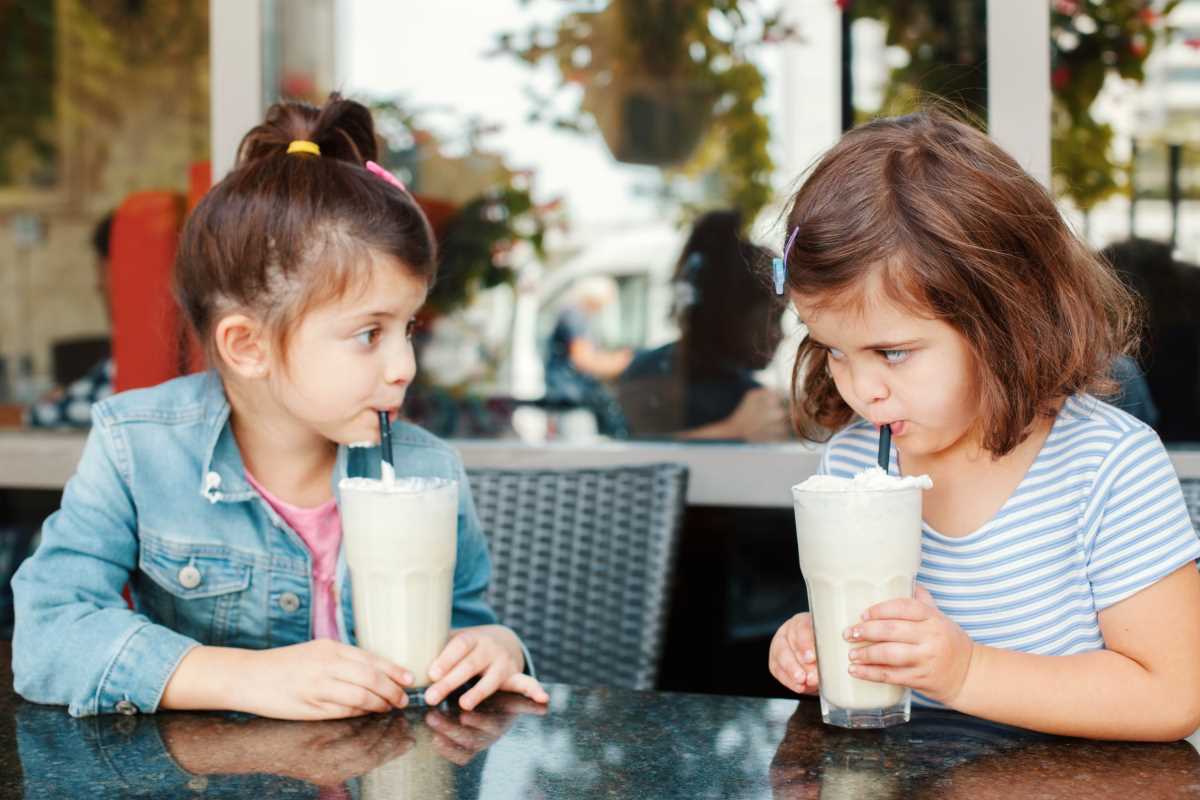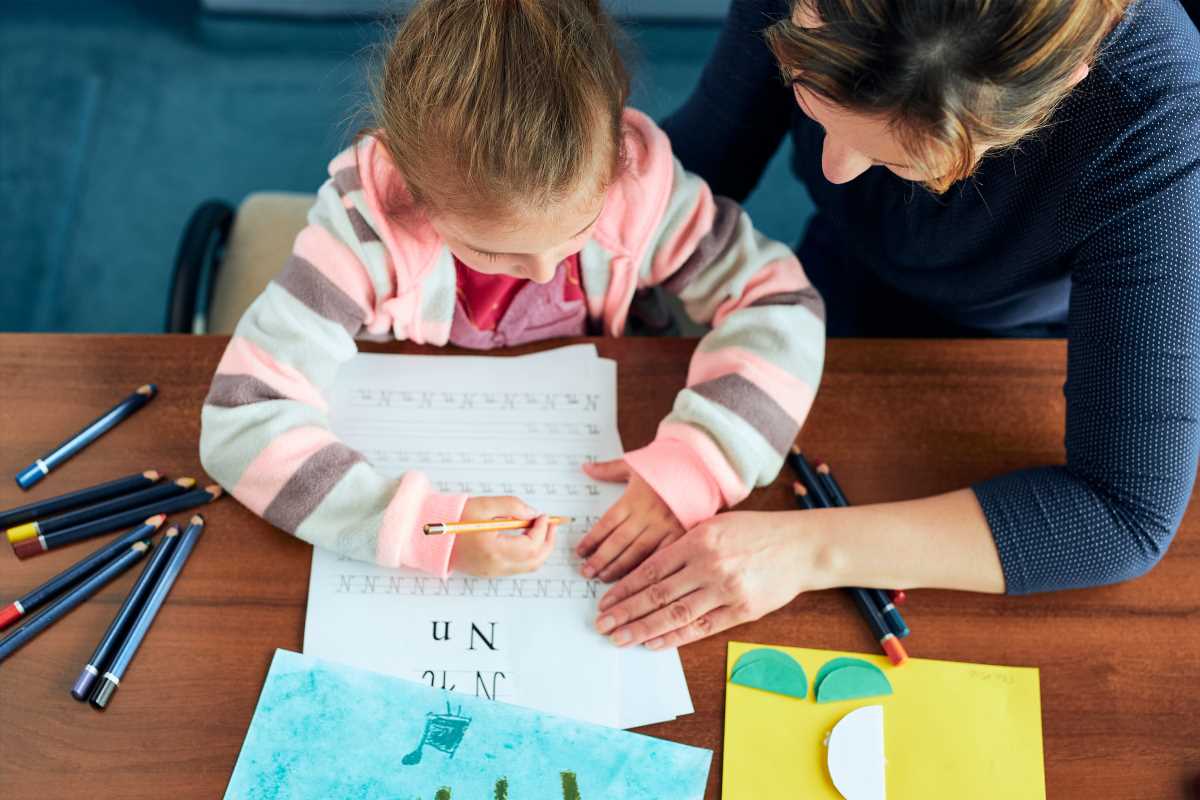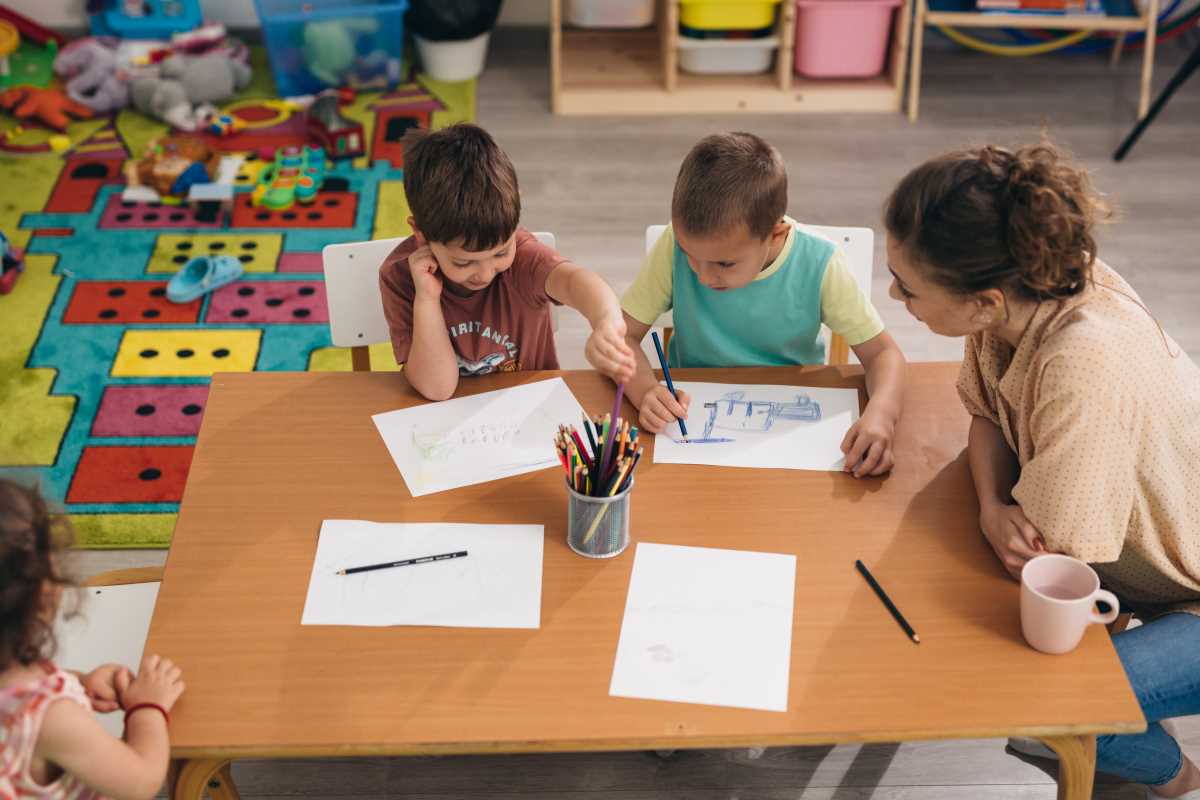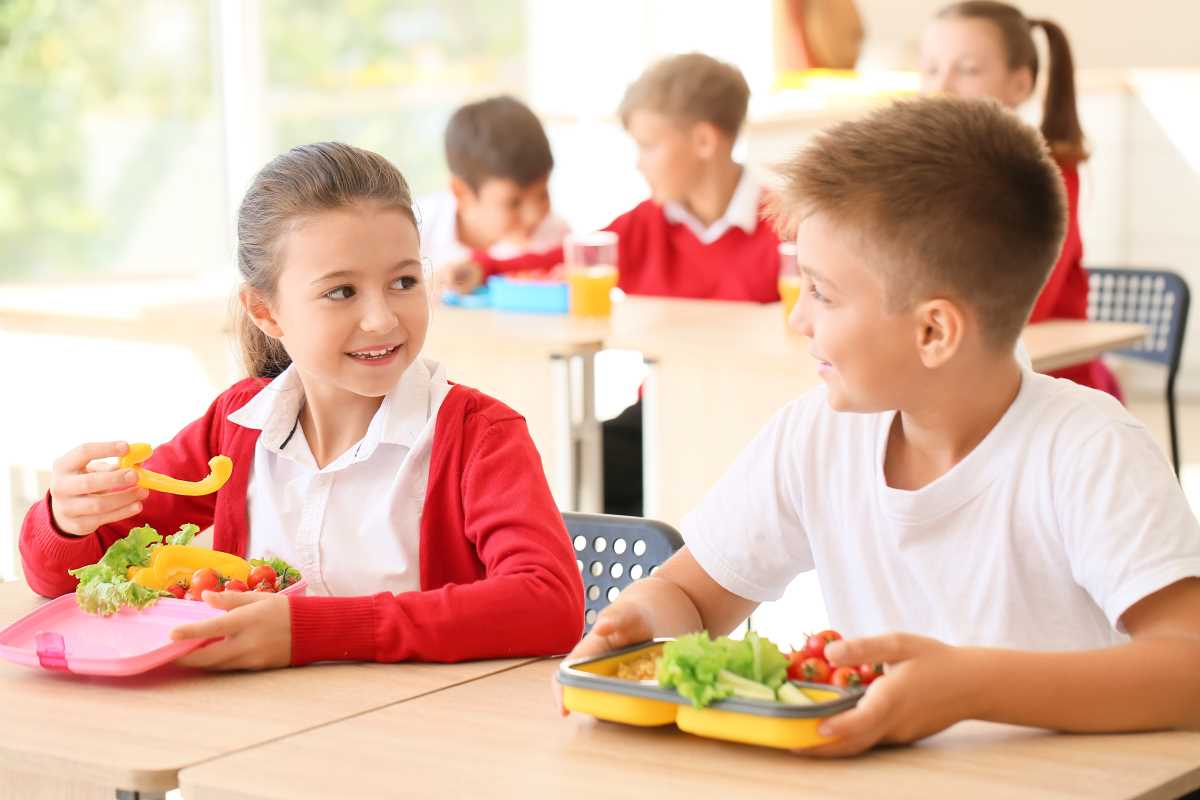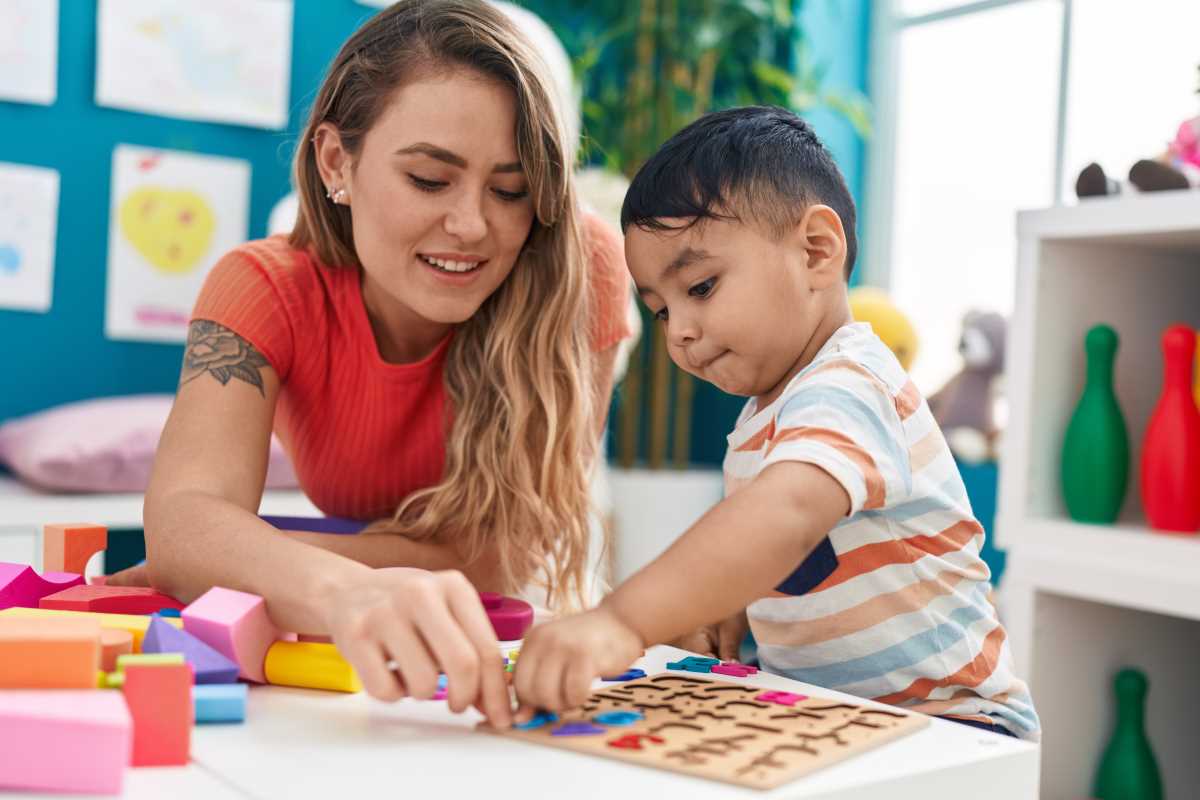Young children discover the joys of friendship and cooperation as they play together in preschool. Simple moments like sharing blocks or taking turns during a game help them build important social skills that last a lifetime. Laughter over a pretend tea party or teamwork while solving a puzzle creates strong bonds and lasting memories. This article highlights a variety of imaginative and practical activities designed to make learning these skills enjoyable for everyone in the classroom. With each new interaction, children gain confidence while teachers observe their students growing into caring, thoughtful friends. Everyone benefits from a classroom filled with smiles and shared experiences.
By exploring various play scenarios, children learn to communicate better, resolve conflicts gently, and appreciate the value of teamwork. These interactive ideas not only entertain but also help little ones develop confidence and empathy as they navigate the world around them.
Understanding Preschool Social Skills
Social skills form the foundation for healthy relationships. Preschoolers need to learn how to communicate, share, and cooperate with peers. These skills include taking turns during play, expressing feelings appropriately, and listening to others. Such interactions help children build trust and understand the basics of community life.
Some examples of essential social skills include:
- Sharing toys and resources
- Listening and responding during conversations
- Saying kind words and offering compliments
- Waiting patiently for their turn
- Understanding and respecting boundaries
Activity 1: Role-Playing Scenarios
Role-playing activities invite children to step into different characters' shoes. Start by choosing a theme, such as a family dinner or a visit to a pretend store, and assign simple roles. Encourage kids to emulate and appreciate various emotions and professions while keeping the tone light and fun. This imaginative play boosts both language skills and empathy.
Set up role-playing scenarios by preparing props and clearly defined areas for each role. Ask questions during the play to prompt dialogue and make sure everyone participates. These activities naturally teach conflict resolution and help children understand different points of view.
Activity 2: Circle Time Sharing Games
Circle time creates a welcoming space where kids feel encouraged to speak and listen. Begin with a fun game that helps children share personal experiences or favorite items. A few options include:
- The "Show and Tell" game, where each child explains why they love a particular object.
- "Pass the Ball," where children toss a ball around and share a fun fact when holding it.
- "Compliment Circle," where each child gives a kind word about a peer.
Each activity invites stories and discussions that promote clear verbal expressions and respectful listening. Interactive circle time sessions help children see the value in sharing and build a sense of unity as every child's voice is heard.
Activity 3: Collaborative Building Games
Collaborative building activities encourage children to work side by side while focusing on a shared goal. For example, setting up a large block tower or constructing a pretend castle encourages kids to share ideas, divide tasks, and communicate openly. Using play activities in this setting highlights the benefits of teamwork.
Some collaborative building ideas include stacking soft blocks, using cardboard pieces to create structures, or even assembling puzzles together. As they interact over these projects, children learn that every contribution counts and that success depends on everyone participating.
Activity 4: Creative Art Projects
Group art projects provide an exciting way to boost creative thinking while encouraging dialogue. Start by choosing a project that welcomes everyone’s input, such as a community mural or a collage that represents family values. Creative sessions like these let children express emotions non-verbally through colors and shapes, which in turn nurtures empathy and understanding.
Consider organizing art projects using a variety of materials. You might include:
- Paper, markers, and paints for an unrestricted art session
- Craft supplies like glitter, glue, and recycled materials to emphasize creative recycling
- Pre-drawn outlines that children can fill in collectively
- Digital drawing tools if available, for projects that mix technology and creativity
Activity 5: Outdoor Group Challenges
Outdoor group challenges give children a break from the usual indoor environment and invite them to enjoy physical play. Plan simple obstacle courses or treasure hunts that require children to work together in small teams. These activities not only promote physical development but also support social interaction in a natural setting.
Arrange games that require planning and cooperative problem solving. Options may include relay races where kids form teams, scavenger hunts that encourage communication, or tag variations where small groups must stick together. These challenges make physical activity lively and fun while emphasizing the importance of collaboration and sportsmanship.
These engaging play ideas help preschoolers develop essential social skills through everyday interactions. Teachers and caregivers can easily add these activities to their schedules, creating chances for kids to interact meaningfully and build lasting friendships.
Invite children to play these creative games and watch as they learn important life skills. Shared play builds positive connections and prepares them for future success.
